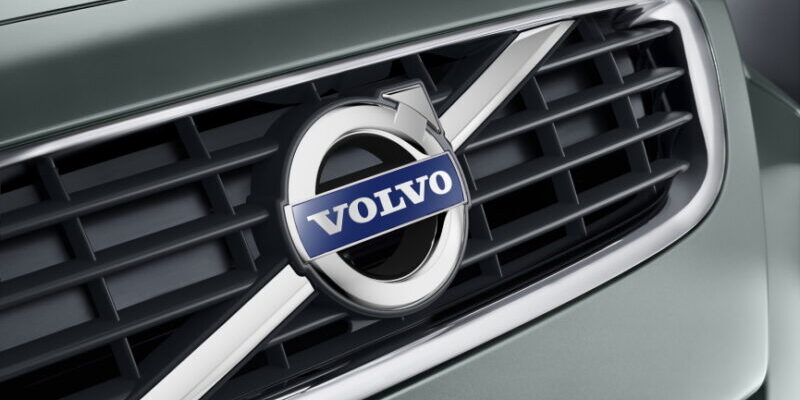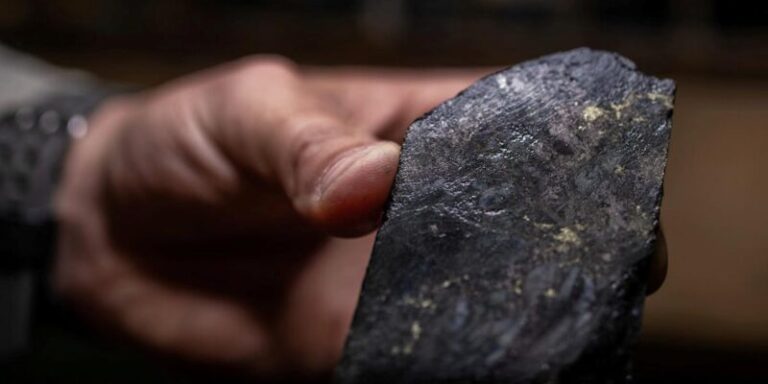
Volvo Cars is set to launch the world’s first electric vehicle (EV) battery passport, which will record the origins of raw materials, components, recycled content, and the carbon footprint for its flagship EX90 SUV, the Swedish automaker told Reuters.
Developed in partnership with UK startup Circulor, which utilizes blockchain technology to map supply chains, the battery passport took over five years to create.
Volvo, owned by China’s Geely, is pioneering this initiative ahead of the mandatory implementation of battery passports for EVs sold in the EU from February 2027.
These passports will disclose battery composition, including the origin of key materials, their carbon footprint, and recycled content.
Vanessa Butani, Volvo’s head of global sustainability, emphasized the importance of transparency and leadership in sustainability, as the company aims to produce only fully-electric cars by 2030. “It’s really important for us to be a pioneer and a leader,” Butani said.
The EX90 SUV, featuring the battery passport, will soon enter production at Volvo’s plant in Charleston, South Carolina, with deliveries to customers in Europe and North America expected in the second half of the year.
Volvo owners will be able to access a simplified version of the passport via a QR code inside the driver’s door, while a more comprehensive version will be provided to regulators.
This detailed passport will include up-to-date information on the battery’s state of health, essential for assessing the value of used EVs, for up to 15 years.
The cost of implementing the passport is estimated to be around $10 per car, according to Circulor CEO Douglas Johnson-Poensgen.
Circulor’s system tracks battery materials from the mine to individual cars, leveraging suppliers’ production systems to monitor materials throughout the supply chain.
It also verifies suppliers’ monthly energy bills and the proportion of renewable energy used to calculate the total carbon footprint.
New suppliers brought on board by Volvo will need to be audited by Circulor to maintain current information, Johnson-Poensgen added.
The implementation of the battery passport required Volvo to overhaul how it traces parts through its manufacturing process to identify the origins of every component.
“Car manufacturing has never been about which rock went into which component and which got connected to which car,” Johnson-Poensgen said. “It’s taken a long time to figure that out.”
Although there is no mandate for battery passports in the United States, automakers are showing interest due to potential requirements for qualifying for EV subsidies under the US Inflation Reduction Act.
Volvo, Jaguar Land Rover, and BHP, the world’s largest listed miner, have all invested in Circulor.
Johnson-Poensgen noted a rush among automakers to develop battery passports, warning that many may struggle to meet the EU’s 2027 deadline if they start now.







